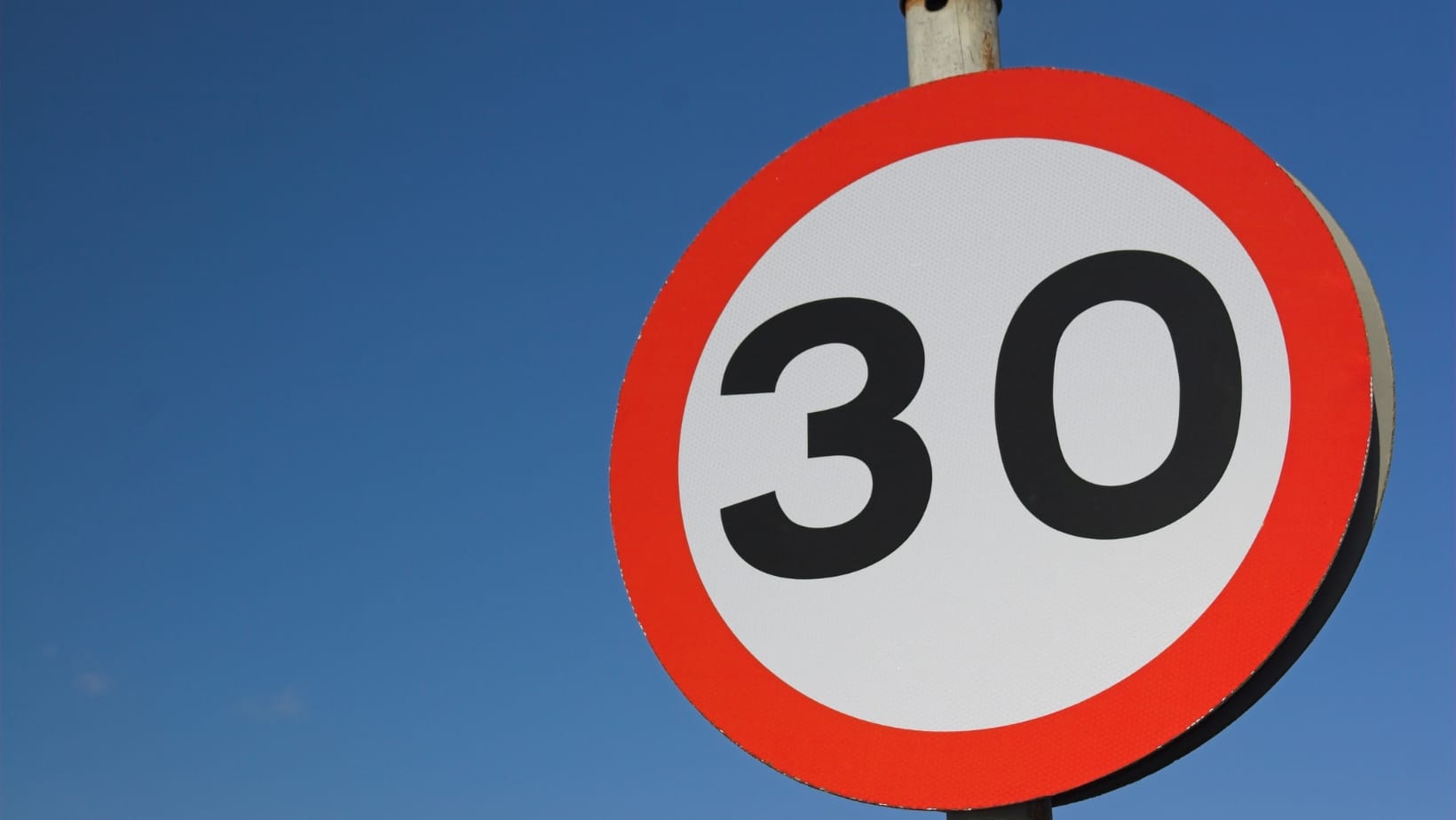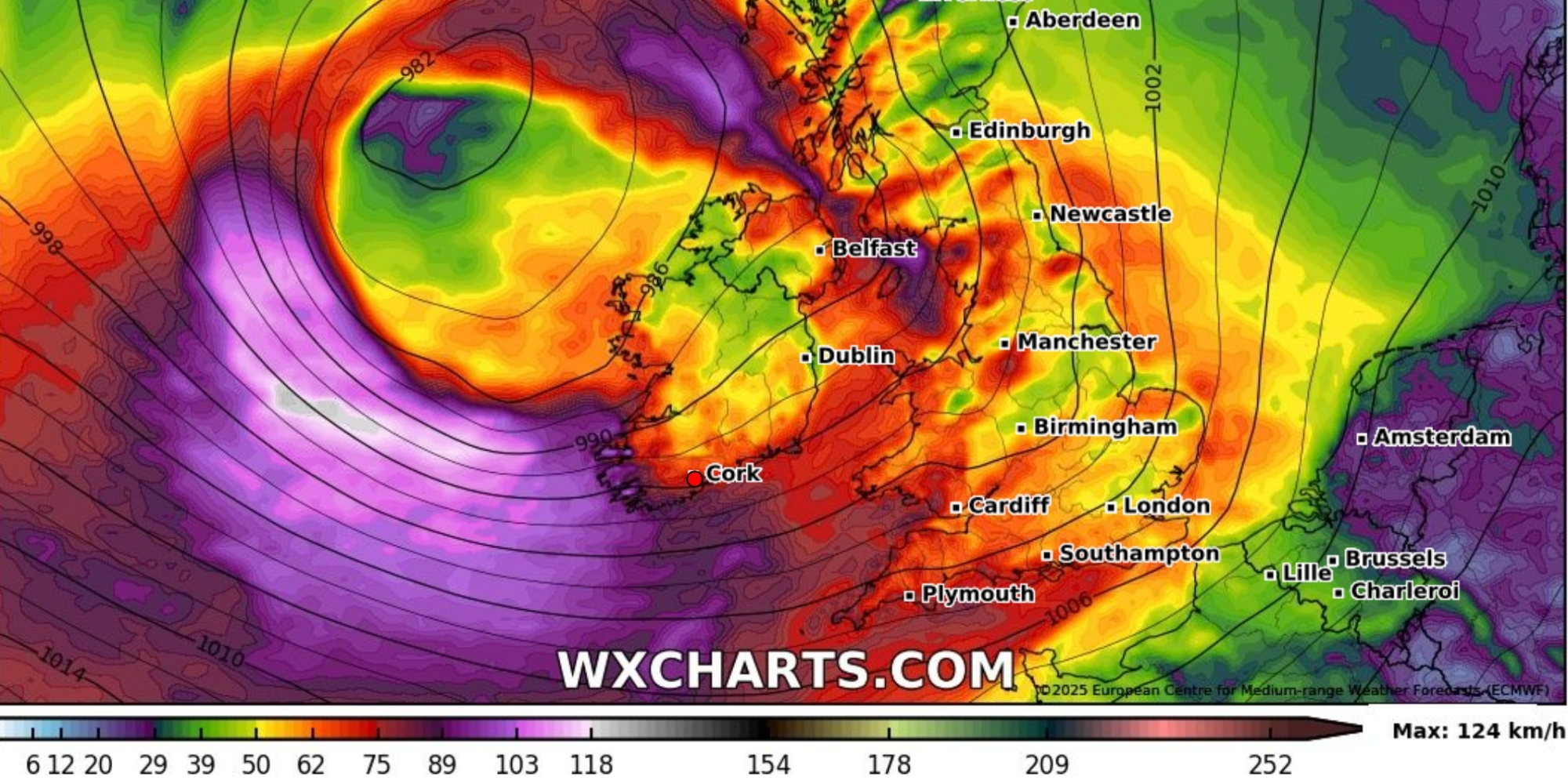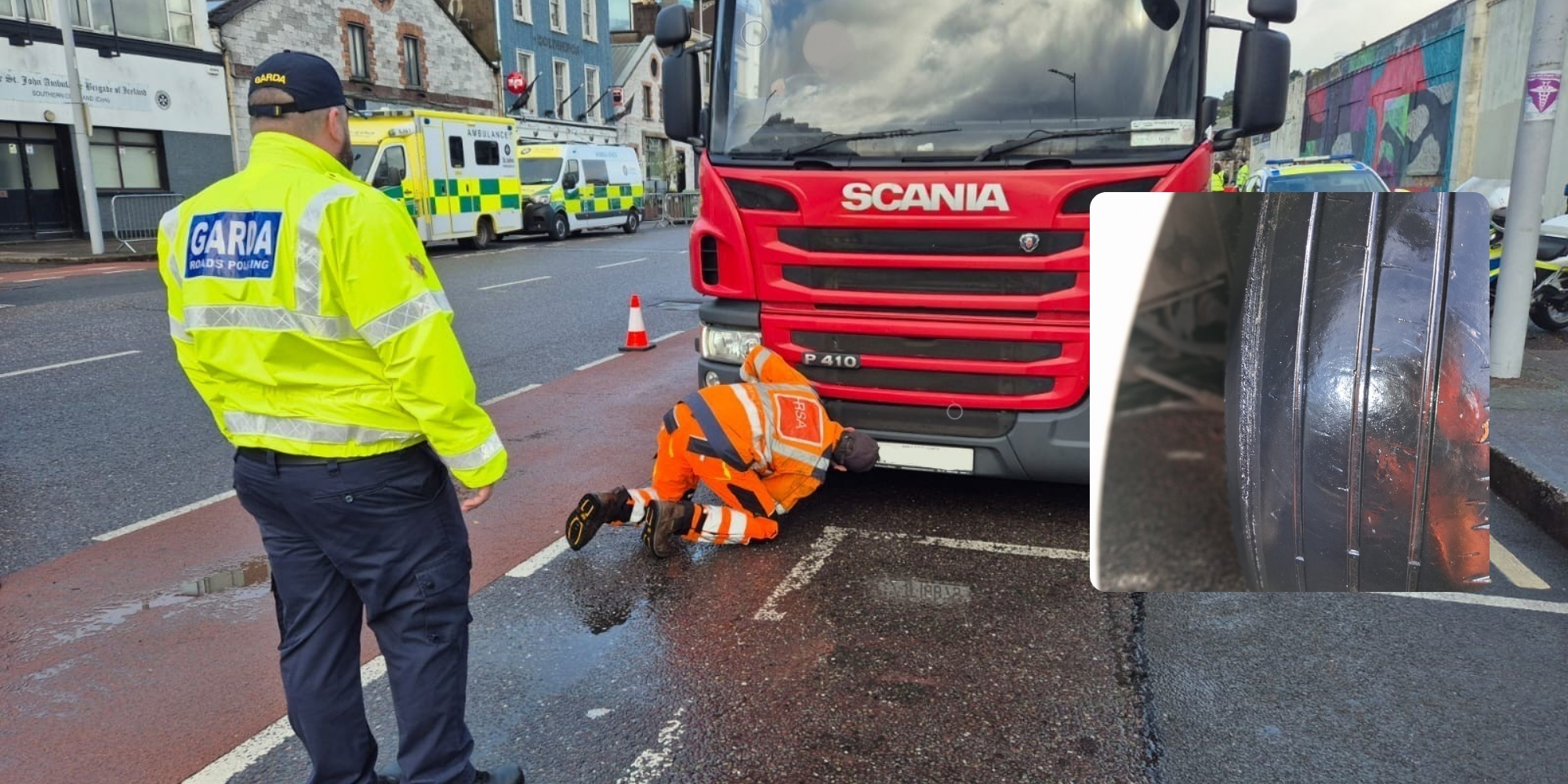Government Road Safety Minister Rejects Claims of Backpedalling on Speed Limit Cuts
Which Cork roads will keep 100km/h limits? New bill gives councils power to override national speed cuts in specific circumstances.

Minister of State for Road Safety Seán Canney has firmly dismissed suggestions that the Government is diluting its road safety commitments, following the publication of the Phase 2 Action Plan earlier this week.
The Minister's robust defence comes as questions emerged about the implementation timeline for controversial speed limit reductions, particularly the planned cut from 100km/h to 80km/h on national secondary roads like the N20 and N22 that serve Cork.
Seán Canney, Minister of State for Road Safety:
"There is no softening of the strategy. Suggestions that the plan has been diluted or abandoned are simply incorrect. I will ensure every commitment is delivered."
The Phase 2 Action Plan, published on Tuesday, outlines 12 primary actions and 77 supporting measures designed to halve road deaths by 2030. Already, approximately 80% of rural local roads have seen their default speed limits reduced to 60km/h, a change that affects thousands of kilometres of Cork's rural road network.
The next major change will see national secondary roads, including key Cork routes, drop from 100km/h to 80km/h. However, this reduction will include provisions allowing local authorities to retain higher limits where road safety standards justify it. Cork County Council will have discretion to assess routes like the N20 through Charleville or the N22 towards Killarney individually.
Urban areas will see 30km/h limits introduced where local authorities choose to implement them. Cork City Council has already indicated interest in lower speed limits for residential areas, particularly around schools and housing estates.
Seán Canney:
"There is no backpedalling on 30km/h urban limits. The strategy gives local authorities the tools to implement these safer speeds, and the Department will support them in doing so."
Enforcement remains a cornerstone of the strategy, with An Garda Síochána deploying 12 new speed cameras over the past year. Additional technology to detect mobile phone use and seatbelt violations will be rolled out during the Phase 2 period, which runs until 2027.
The Government's ambitious Vision Zero target aims to eliminate road deaths entirely by 2050, building on Ireland's significant progress since 1998 when 458 people died on Irish roads compared to 144 in recent years.
Seán Canney: "Our goal of halving road deaths by 2030, and eliminating them by 2050, stands firm. The plan is in motion, and I will see it through."



